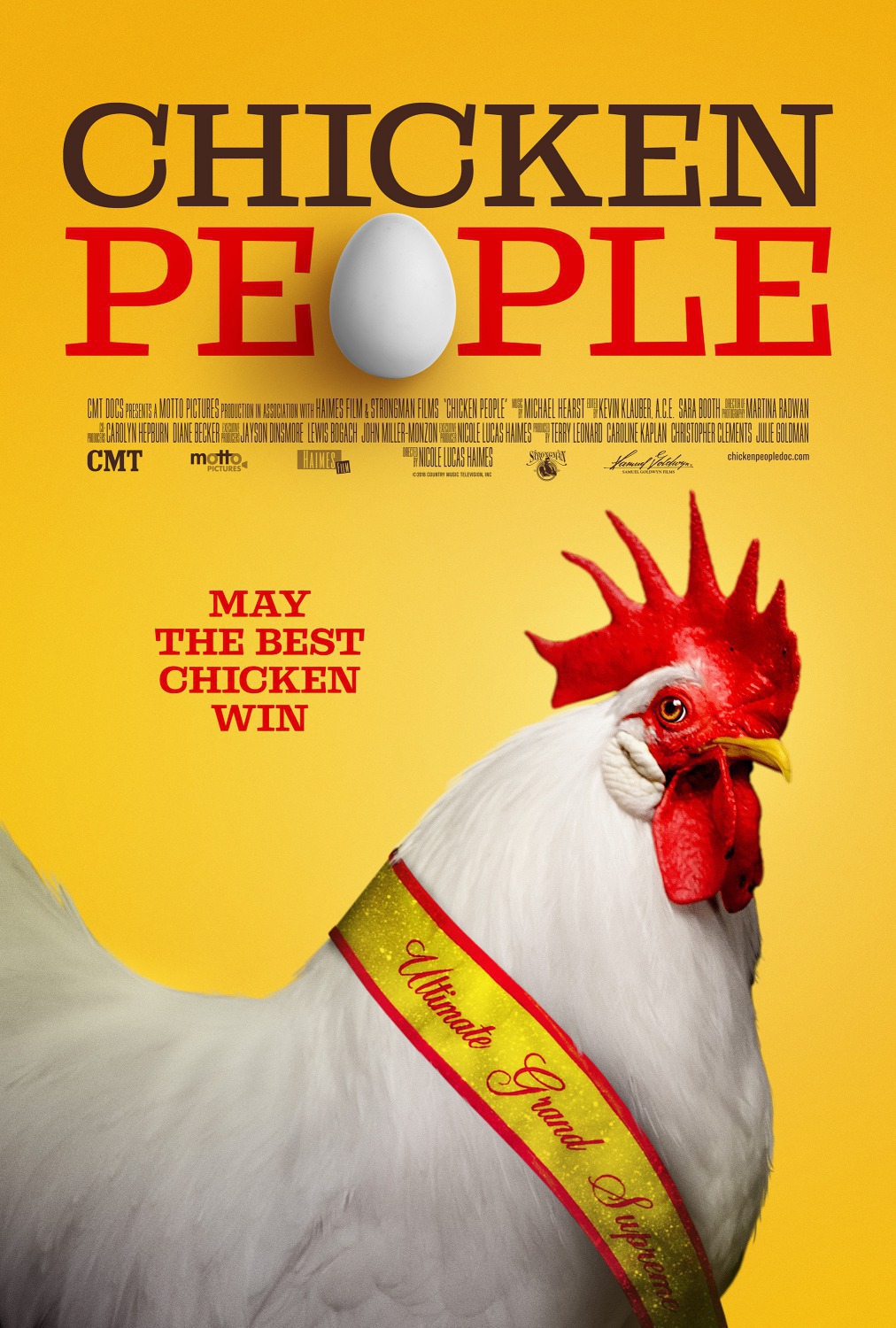Did macOS Sierra change something with fonts? I’m getting prompts to download custom fonts? Others seeing this?
I ❤️ Big Green Egg smoking sessions in the fall. Crisp air, delicious smells.
Espresso in a rocket 🚀☕️ demitasse this morning.

Feeling like I need to invest in learning and using Little Snitch.
Mazie and I taking in the last MN United game of the season, and last at NSC. Next year season tickets!

Love sitting by the Dark Clouds at MN United games!
“Green team sucks!” Terrible calls tonight.
Great game tonight from MNUFC, even without the win. Lots of pressure and didn’t get any breaks. Looking forward to next year at the Bank! ⚽️
Cars run much better when the timing chain isn’t stretched!
Found this a good listen → GTD and The Organized Mind 🎧
Few days in with iPhone 7 and it’s definitely my favorite iPhone yet. Really like the button-less home button and haptics. Also super fast.
Delicious pull of espresso to start the day.

Upgraded to iPhone 7. Decided to stay non-Plus. Tammy went with 7+.
Living boldly with 1,155 notes in iOS/OS X Notes app. iCloud syncing solid still. Search could be cleaner.
Seems crazy that in 2016 we are still dealing with security issues from Word and Excel VBA macros.
Lot of GTD truth to this.
Sometimes I skip the weekly review due to a fear of what I'll learn. https://t.co/pqyPJU4jNe
— Joe Buhlig (@JoeBuhlig) October 10, 2016
Main thing Iearned watching the debate tonight: they still make disposable film cameras!
Just watched Chicken People. 🐔 Folks are pretty into their chickens!

Didn’t use my Yahoo! account for anything but deleted it if only to protest this.
Use @Yahoo? They secretly scanned everything you ever wrote, far beyond what law requires. Close your account today. https://t.co/dJrJUyyxk6
— Edward Snowden (@Snowden) October 4, 2016
Panorama inside the mirror maze at Museum of Science and Industry in Chicago. Very cool.

Just finished Watson Adventures scavenger hunt at Art Institute of Chicago! Fun time and we won! The “Mighty Minnesota Muggles” took first!

Really wish iOS could print to a PDF and then send the file via a share sheet.